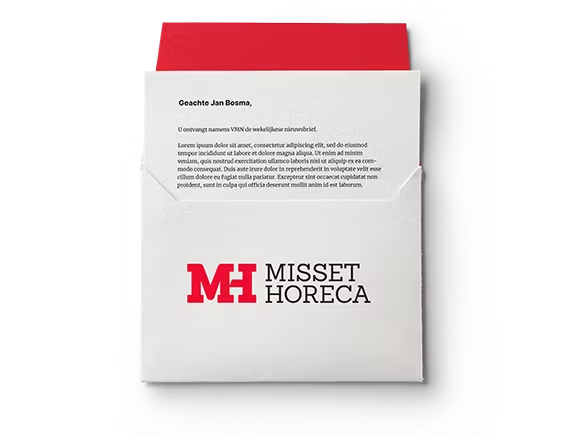In short, analyst Michael Reitbrock doesn't buy the prevailing theory that hoteliers like Starwood, Hilton and Host Marriott, all of which own a large number of hotels, will see the fruits of the hotel recovery before Marriott, which derives more revenue from management fees from companies that franchise its hotels.
As the industry recovers, the analyst feels Marriott has more operating leverage than investors might expect, due to a potential increase in management fees at the same time the company adds more hotels to the mix. Furthermore, with Marriott's legal woes fading and its synthetic fuel business stabilizing, some of the overhang on stocks will be lifting soon.
'Conventional thinking holds that, because of their high degree of fixed operating costs, ownership companies are dramatically more attractive than franchise/managers, which are paid a high percentage of their fees as a percent of the underlying hotel's revenue, in an improving [revenue] environment', said the analyst. 'But we increasingly view Marriott shares as a highly leveraged 'offensive' play on an industry recovery.'
Reitbrock also is increasing his price target to $52 from $42, while Smith Barney named Marriott to its recommended list, replacing Starwood, telling clients Marriott could see 20% upside from current levels. Shares of Marriott took off on the upgrade, gaining $1.78, or 4.1%, to $44.85. Marriott's gain outpaced rivals in the space, with Starwood up 37 cents, or 1.1%, to $33.69, and Hilton up 20 cents, or 1.3%, to $16.09.
With Smith Travel Research reporting that revenue per available room, a critical metric called revpar, gaining 5.7% during the week ending Nov. 1, the hotel recovery appears to be on track. But if this recovery picks up steam and hits profitability levels last seen during 1999 and 2000 -- something Reitbrock said is five years off -- then Marriott can blow out current estimates in ways rivals can't.
'Unlike the majority of hotel ownership companies, Marriott has experienced very high levels of unit growth -- and the company's financial structure has changed significantly', said the analyst.
'Marriott's projected year-end 2003 room base would generate around $3.06 in earnings per share if the hotels were to return to the average of their 1999 and 2000 per-room profitability levels of around $3,000 per room', Reitbrock added.
'This 'potential' profitability to our current 2003 estimate of $1.86? Our sense is that this is more upside leverage in the company than the company is commonly perceived to have.'
Smith Barney said it expects to seek or receive banking compensation from Marriott in the next three months.









